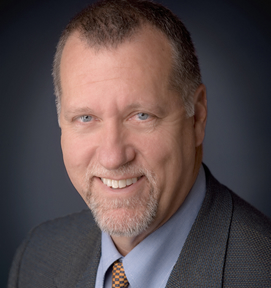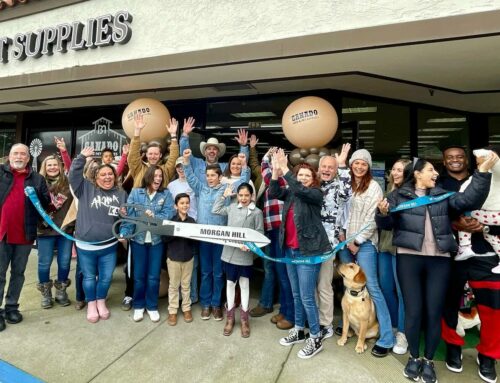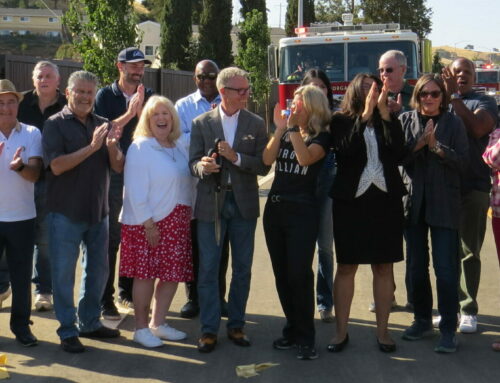Published in the June 6 – 19, 2018 issue of Morgan Hill Life

James Ward

Having the state recover for Medi-Cal costs after an elder’s death is simply due to lack of good planning. But what about when the elder never qualifies for Medi-Cal to pay for their nursing home stay? Same problem. Lack of planning. People don’t know what can be done if they prepare properly in advance.
Most people never have to deal with these issues — until they do.
People are ill prepared for the issues of elder care and how to qualify for Medi-Cal to provide assistance to elders without them losing all of their assets. I just finished a Medi-Cal project for clients who are 85 and 86 years old and in failing health. Their children are well-educated executives in their early 60s who admitted that they’ve just been overwhelmed with trying to take care of mom and dad and simultaneously figure out the Medi-Cal maze of rules, and now they find their parents have made poor choices previously and even been taken advantage of by other people. The adult children, and their parents, have never had to deal with anything like this before.
If you live, you age, but how do we protect ourselves and our loved ones through the aging process? The best start is the realization of the inevitable, and then preparing for it. Discussions and learning more about choices are part of the process, but having the proper legal documents in place is critical. Having the proper legal documents in place is the very first step to making sure people you trust can make the decisions to protect you and your assets and your wishes.
Many people have long term care insurance and they’re comfortable knowing that it will pay $150 or $200 per day, but that won’t really take care of them. Most of the nursing homes in the Silicon Valley area charge $380 to $435 per day. How will you cover the difference?
What happens if you want to qualify for Medi-Cal benefits but you’re incapacitated and you can’t make decisions and sign legal documents? What happens if you paid for legal documents that are valid, but those documents aren’t elder-law friendly and therefore prohibit your trusted spouse or child from doing what needs to be done to protect your assets?
People often come to me afraid that they’ll lose their home if one of them goes on Medi-Cal to help pay for in-home care or their nursing home bill. Generally, this won’t happen if they take some simple steps for being prepared, but these steps must be taken before they wait too long and then can’t sign any new legal documents.
If a person loses mental capacity through dementia, Alzheimer’s, a stroke, or other illness, they can’t sign any new documents. This means that we have to rely on what they previously signed, and oftentimes the existing documents prevent us from doing what needs to be done. If they have no legal documents at all, then we’re frequently in quite a pickle of a situation.
You don’t need to go broke in the nursing home if you plan ahead and have the proper legal documents in place. To quote the old proverb, “an ounce of prevention is worth a pound of cure.”
James Ward is a longtime South Valley resident who lives in Morgan Hill. He went to law school in New England and earned a post-graduate law degree in Estate Planning at the University of Miami. Jim worked as an Estate Planning and Elder Law attorney in Florida, and then returned to open his law firm focusing on Estate Planning and Elder Law. He has offices in South Valley and Willow Glen.






